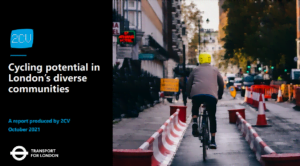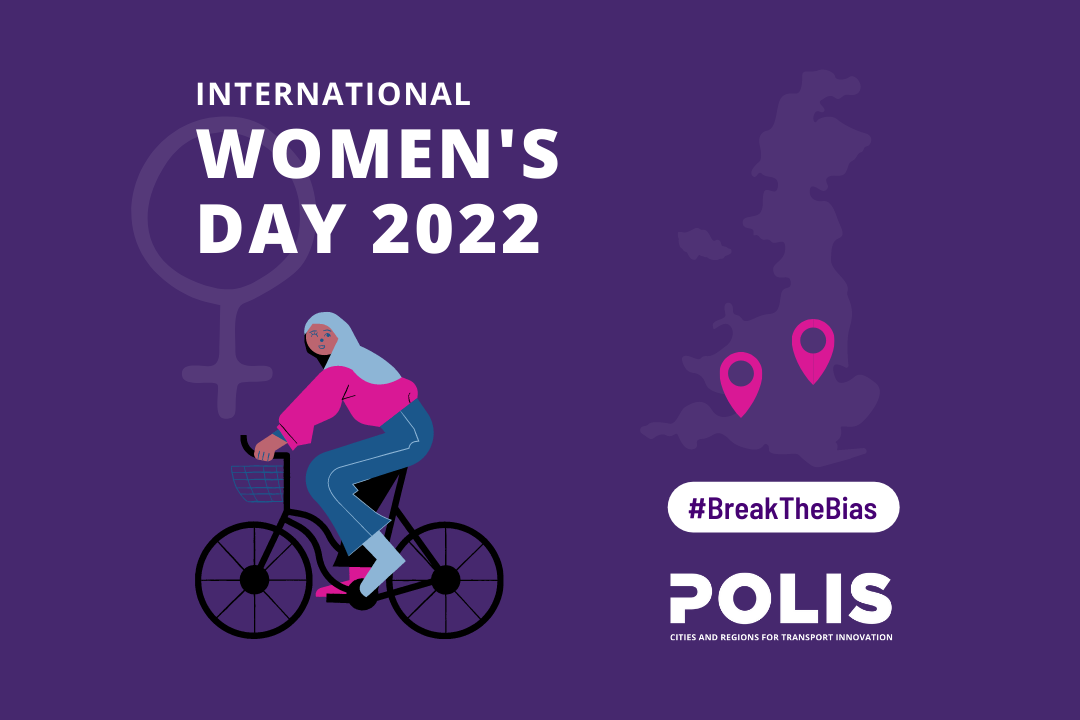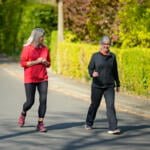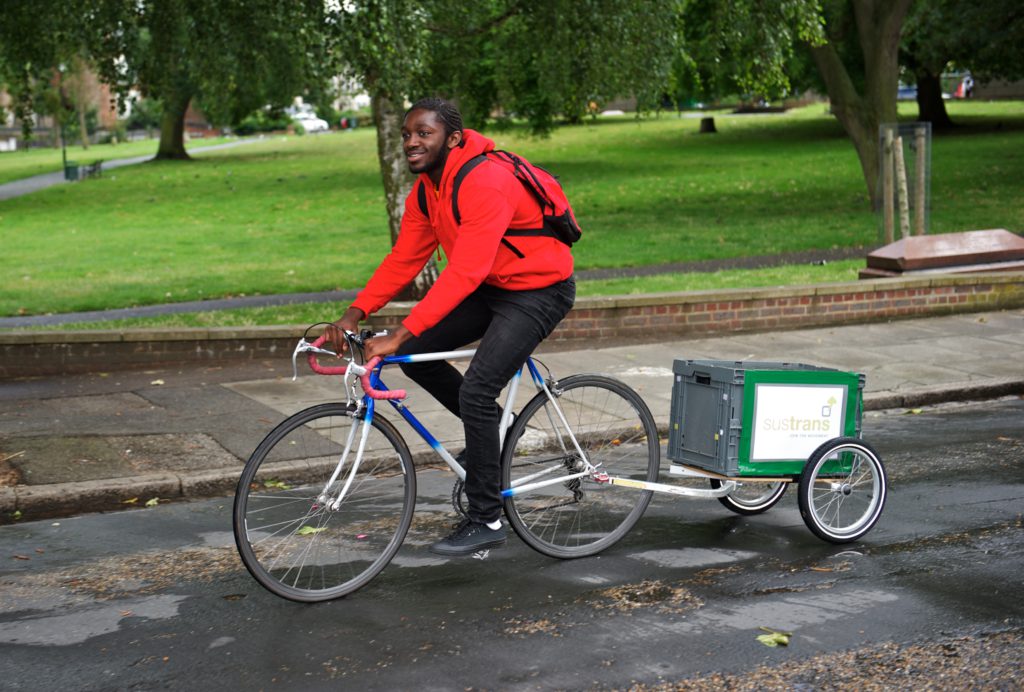Sustrans: Pedaling to gender parity
When it comes to ‘gender-equal transport’, there is no one-size-fits-all solution. The influence of gender on access to, and experiences of, mobility are intersected and often compounded by other axes of identity. Therefore, each region, city and even district requires a unique approach.
This is particularly the case for active travel, where physical, cognitive and cultural elements play significant roles. Sustrans’ intersectional approach to gender equality holds many lessons for others.
Sustrans is a leading UK based charity enabling people to travel by walking, wheeling or cycling for more of the journeys that are made every day. From individual families to policymakers, the POLIS associate member works across the board to make active travel accessible, affordable, and enjoyable!
“Transport provision and investment still lags behind in recognising the needs of women. Our approach is to constantly check and recheck whether the projects that we are doing work for everyone,” says Sally Copley, Sustrans’ Executive Director of External Affairs.
Culture, race and ethnicity are key intermediaries, especially for cycling, and need to be accounted for in any ‘gender responsive’ planning.
Indeed, as Monica Garrison, founder of the cycling community Black Girls Do Bike (BGDB), told POLIS’ Thinking Cities magazine, “When women, folks with disabilities, people of colour are part of the planning and decision-making process, the result can be holistic, fulfilling the needs, expectations, and desires of entire communities.”
There is cause for optimism. New data from POLIS member Transport for London’s latest research  “Cycling potential in London's diverse communities (2021)” shows that people cycling in London are more diverse (and representative) than ever - however, there is much work still to do.
“Cycling potential in London's diverse communities (2021)” shows that people cycling in London are more diverse (and representative) than ever - however, there is much work still to do.
Sustrans is finding creative ways to engage with this. Their #HelmetHijabsAndHair competition addressed key barriers to cycling for women of all faiths and ethnicities, inviting women to submit their ideas for hairstyles that accommodated wearing a helmet.
Introducing one of our five #HelmetHijabsAndHair winners Adela, and her brilliant Hijab design! @After18UK
We were very impressed with this creative take, as were the judges!
Thank you Adela for demonstrating how to wear Hijabs with helmets. ?✨? pic.twitter.com/iT8F2R7Gr4— Sustrans East Mids (@SustransEMids) May 21, 2021
? Winners of #HelmetHijabsAndHair competition!?
?Jessica says, ‘When it's not lockdown, I wear a helmet for 9 hours a week playing roller derby! 9 hours! And that's not including park skating or cycling!..’
Thanks again Jessica for inspiring women and girls in sport! pic.twitter.com/XF6gfs4XLX— Sustrans East Mids (@SustransEMids) May 14, 2021
Meanwhile, their guide ‘Cycling for everyone’ set out principles and best practices for local authorities and the transport sector for making cycling a more inclusive activity for everyone. The report, produced in collaboration with Arup, addressed women’s safety concerns, adaption of cycling infrastructure for childcare, economic barriers, and cultural or age-related differences which may require targeted planning.
This builds on Sustrans’ focus on the impacts of age, encouraging older women (and men) to continue active travel into older age. In many UK cities, cycling accounts for just 3 per cent of all trips by people aged 50-59, and Sustrans has been striving to open and expand dialogue on gendered topics such as menopause, which have often remained unspoken in conversations about mobility.
- Two women walking © David Tett, Centre for Ageing Better
- Older Sikh man riding a bike © Peter Kindersley, Centre for Ageing Better
- A portrait of Lizzie, a cyclist, during Pride 2021 © Gemma Taylor, Centre for Ageing Better
- Cycling and walking bring major health benefits at all stages of life © Peter Kindersley, Centre for Ageing Better
Critically, Sustrans’ work also broaches the influence of mental health on active travel. Recent research saw 17 per cent of people reporting mental health conditions as substantial barriers to cycling - and indeed mobility at large - while a further study has shown this is often more pronounced for women.
“Sustrans’ twin strategic priorities are ‘Paths for Everyone’ and ‘Liveable Cities and Towns for Everyone’. The most challenging part of these strategic priorities is the emphasis on for everyone,” says Copley.
“We try to make sure that all of the work we do engages people from the whole spectrum of diversity in the communities that we work in. This means finding the best ways to work with specific communities and seeking out the ‘seldom heard voice’. Working with women to understand the needs of a particular community is a major part of this.”
You can find out more about Sustrans’ work in the video below:





